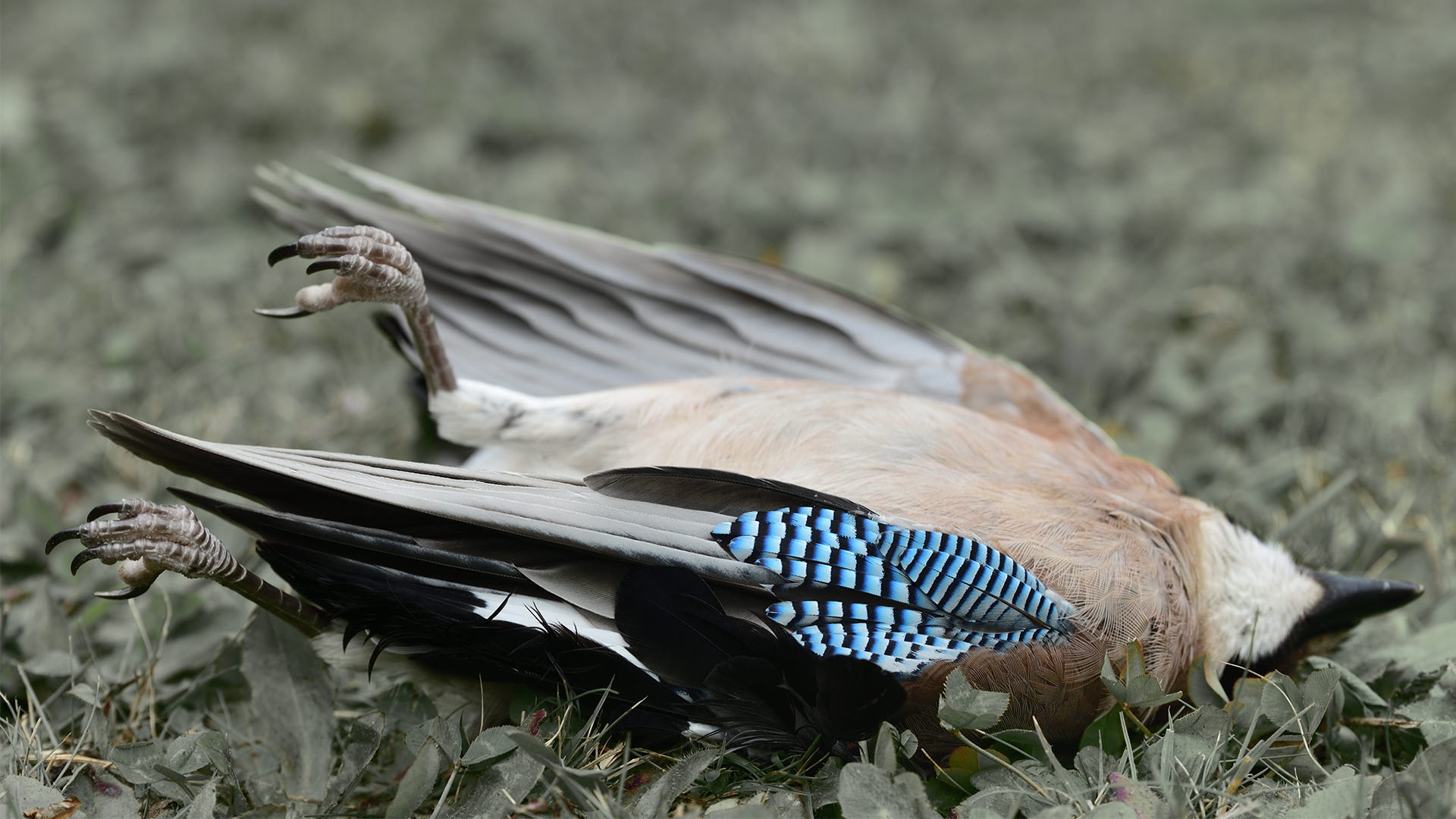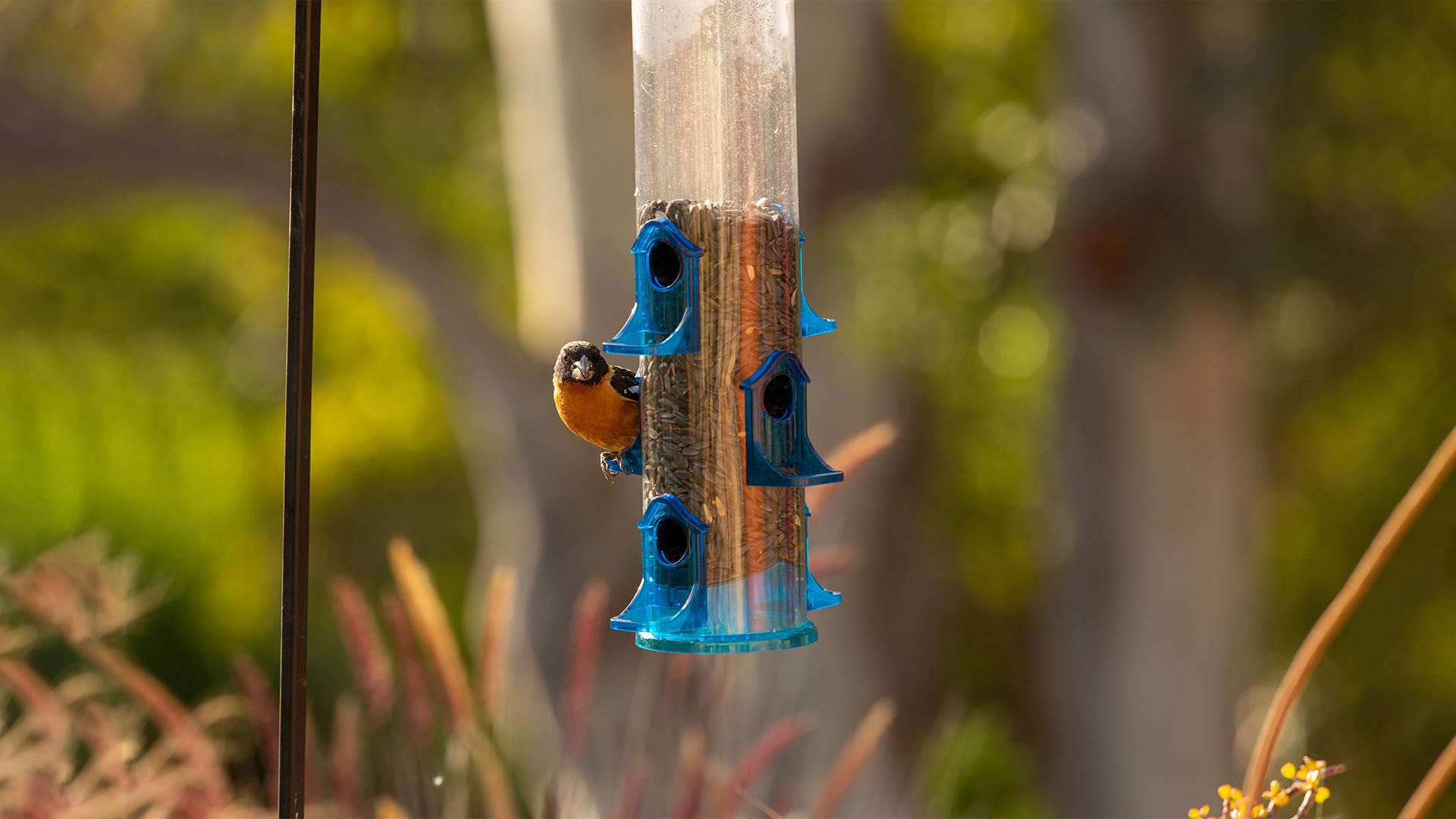As birders, we all enjoy spotting that rare bird with the beautiful colors or hearing their sweet sounds; but just like any other animal, wild birds are susceptible to diseases and infections. While we are not able to stop disease in wild birds, there are some simple things we can do to help stop the spread of these diseases and common ailments. This post discusses common wild bird diseases as well as easy tips to help keep them safe.
Common Viruses & Diseases among Wild Birds
West Nile Virus
West Nile Virus is a virus that can spread to humans, dogs, cats and many other types of mammals. Birds are intermediate carriers of the virus; in fact, most mosquitoes become infected after biting infected birds; later transmitting the virus to other animals and humans. The CDC reports that over 200 species of birds have been known to be infected by West Nile virus.
The incubation period for West Nile Virus is anywhere from 5 to 15 days.
Aspergillosis
Aspergillosis is an upper respiratory disease caused by a fungus called Aspergillus. Aspergillus grows in warm moist areas and the spores of the fungus travel through the air and is later inhaled by the birds. Not all birds who inhale the fungus get the disease; however, birds with low immune systems are easily affected. Wild birds who have already been affected by environmental factors such as stress, poor nutrition and other illnesses may be predisposed to the disease.
Birds with Aspergillosis may lose their appetite, have difficulty breathing or even die. The fungus affects their air sacs and trachea syrinx. While most companion birds are highly resistant to this fungus, it can be a deadly disease to wild birds.
Salmonellosis
Salmonellosis is an infection that comes from the Salmonella bacteria. While you have probably heard of humans contracting salmonella poisoning from eating food not properly prepared or refrigerated incorrectly; it is common for feeder birds to contract Salmonellosis, causing gastroenteritis and diarrhea.
Salmonellosis is spread through droppings which can easily contaminate your birdfeeder and birdbaths. The best way to keep these bacteria from spreading is to ensure you clean and disinfect birdfeeders and birdbaths regularly.
Bird Feeder Tips to Prevent Wild Bird Diseases
- Overcrowded birdfeeders are a breeding place for disease. To help prevent the spread of disease, consider spreading out your bird feeders.
- Another way you can help prevent the spread of disease is by cleaning them regularly with a mixture of soap and water, making sure to rinse them well. You will want to clean your birdfeeders every other week to ensure disease and bacteria are not being spread through your feeder.
- If you find a large amount of birds are flocking to one particular feeder, consider putting up additional feeders to lower the excessive use.
What to Do If You Find a Dead Bird
If you find a dead bird, the CDC recommends you contact your local or state health department and wait for instructions on reporting or disposing of the bird. Never pick up a dead bird with your bare hands. If you need to dispose of a dead bird, always use gloves and double bag it.








